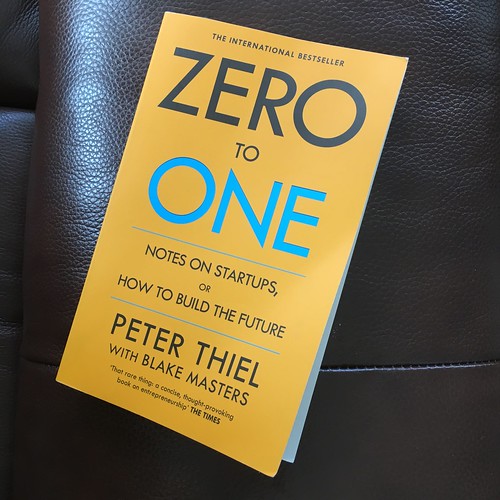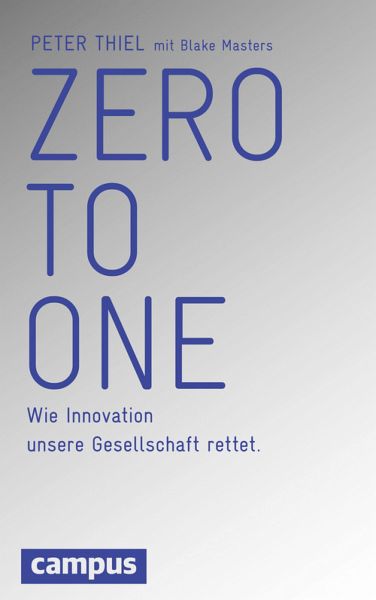
Zero to One shows how to pursue them using the most important, most difficult, and most underrated skill in every job or industry: thinking for yourself"-Provided by publisher. This ppt is summary of the famous book zero to one written by Mr peter theil with blake masters.

The greatest secret of the modern era is that there are still unique frontiers to explore and new problems to solve. Planning an escape from competition is essential for every business and every individual, not just for technology startups.


Zero to One shows how to quit the zero-sum tournament by finding an untapped market, creating a new product, and quickly scaling up a monopoly business that captures lasting value. In today's post-internet bubble world, conventional wisdom dictates that all the good ideas are taken, and the economy becomes a tournament in which everyone competes to reach the top. They will escape competition altogether, because their businesses will be unique. Tomorrow's champions will not win by competing ruthlessly in today's marketplace. Zero to One is about how to build these companies. The most valuable companies of the future will make vertical progress from "0 to 1," creating entirely new industries and products that have never existed before. It's true that the world can get marginally richer by building new copies of old inventions, making horizontal progress from "1 to n." But true innovators have nothing to copy. Zero to One presents at once an optimistic view of the future of progress in America and a new way of thinking about innovation: it starts by learning to ask the questions that lead you to find value in unexpected places. Progress has stalled in every industry except computers, and globalization is hardly the revolution people think it is. A company is the strangest place of all for an indefinite optimist: why should you expect your own business to succeed without a plan to make it happen? Darwinism may be a fine theory in other contexts, but in startups, intelligent design works best."Thiel starts from the bold premise that we live in an age of technological stagnation, even if we're too distracted by our new mobile devices to notice. But iteration without a bold plan won’t take you from 0 to 1. You could build the best version of an app that lets people order toilet paper from their iPhone. Making small changes to things that already exist might lead you to a local maximum, but it won’t help you find the global maximum. But leanness is a methodology, not a goal.

Would-be entrepreneurs are told that nothing can be known in advance: we’re supposed to listen to what customers say they want, make nothing more than a “minimum viable product,” and iterate our way to success. “Even in engineering-driven Silicon Valley, the buzzwords of the moment call for building a “lean startup” that can “adapt” and “evolve” to an ever-changing environment.


 0 kommentar(er)
0 kommentar(er)
